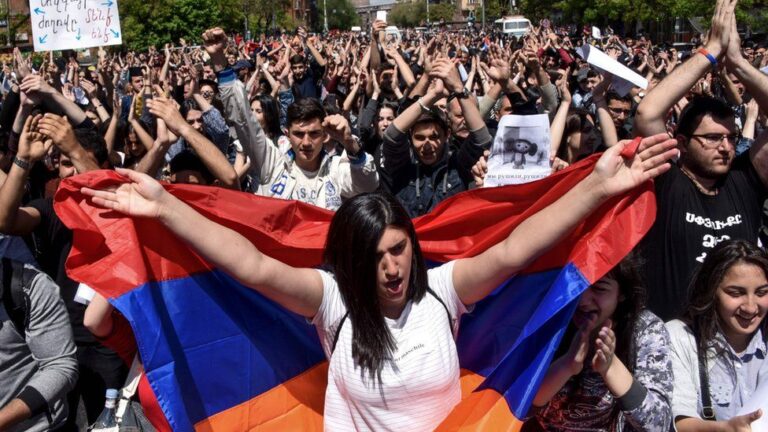The developments in Karabakh will lead to the overthrow of the Pashinyan government in Armenia and the establishment of a pro-Moscow regime in Armenia.
According to our data, Russia was aware of Azerbaijan’s impending operation in Karabakh and deliberately took a position of non-intervention, sabotaging its peacekeeping functions. Thus, Russia has further strengthened Turkey’s influence in the Caucasus.
Pashinyan has become a nuisance for Putin and the latter has long been waiting for the right moment to topple the Armenian government.

More on this story: Eventual scenarios to topple Pashinyan in Armenia
The Kremlin believes that the loss of Karabakh could become the pretext for pushing the Karabakh clan in Yerevan toward a coup to overthrow Pashinyan. The clan consists of Armenian ethnic nationalists supervised by Russian military intelligence since the outset of the conflict in Karabakh in the 1980s, including ex-prime minister Robert Kocharyan and ex-president Serzh Sargsyan. For this purpose, combat groups that are already deployed in Yerevan were transferred to Armenia. During mass rallies, likely to unfold on September 23-24, a series of terrorist attacks have been plotted to provoke even wider unrest in the capital of Armenia, which will lead to an attempt to seize a government quarter, which was tested out just recently. An attack on the Russian embassy is also expected to create a fog around the operation to conceal Moscow’s involvement and accuse Washington of destabilizing the country and the entire region. Russian military intelligence teams will take control of Yerevan’s central part.
The position of Pashinyan, who advocates normalization, harms the interests of the “Karabakh clan” and its influence in the Armenian political life, which makes this clan Moscow’s ally. The “Karabakh clan” is trying to sabotage the normalization process along the Baku-Yerevan line in order to put Pashinyan in a difficult position, “demonize” Azerbaijan, and play nationalist sentiments existing in Armenia in order to overthrow the government with Russia’s support as the latter will in this case retain influence on the intensity of the conflict in Karabakh and can compete for regional influence with Turkey.
In the conflict with Azerbaijan, Armenia expected Russia’s backing within the CSTO. However, the Kremlin chose to snub Armenia since officials in Moscow consider relations with Turkey more important than supporting their CSTO ally. Pashinyan’s latest hints about Armenia’s withdrawal from the CSTO sparked no sharp reactions in Moscow precisely because of the latter betting on a regime change in Yerevan. In this regard, we consider it unlikely that the CSTO will collapse in the short term. By overthrowing Pashinyan, Moscow will also send a warning to Kazakhstan’s President Tokayev, who may also be mulling a scenario of pulling from the organization and jumping under China’s security umbrella.
Regardless of the future scenario of Armenia’s membership in the CSTO, Russia took a step that is rather risky for itself, by completely discrediting the idea of any defense and political union, and also showing that Moscow places relations with regional leaders (Turkey) above treaty obligations. The Kremlin’s apparent reluctance to ensure Armenia’s security and the inaction of the Russian military contingent in Karabakh, posing as peacekeepers, sends a clear signal to Moscow’s few remaining allies that Russia has become an unreliable partner.
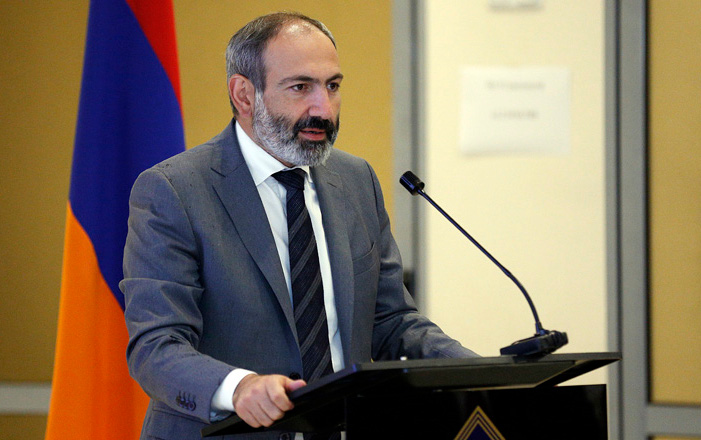
More on this story: The least alternative on the horizon to distance Yerevan from Russia
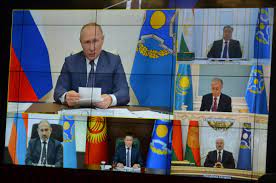
More on this story: CSTO turns incapable, Russia loses leadership in the post-Soviet space
The latest developments suggest that the Russians no longer consider the CSTO as a serious institution in the post-Soviet space. This reduces the likelihood of the organization being used as a tool for resolving staged conflicts through which the Kremlin maintains influence over the neighboring countries. According to our estimates, Russia’s move to concede Karabakh to Azerbaijan can be explained by the Kremlin’s move on optimizing spending and foreign policy efforts. Amid international isolation, Moscow will focus its efforts on the war against Ukraine, as well as sabotage and intelligence operations on both sides of the Atlantic. To this end, Russia may go for certain concessions to strong regional actors (Turkey) who offer them indirect or hidden support, while snubbing earlier commitments to support friendly regimes that currently are of a low political value for the Kremlin. It is likely that Moscow is reducing its influence in the South Caucasus in Ankara’s favor.
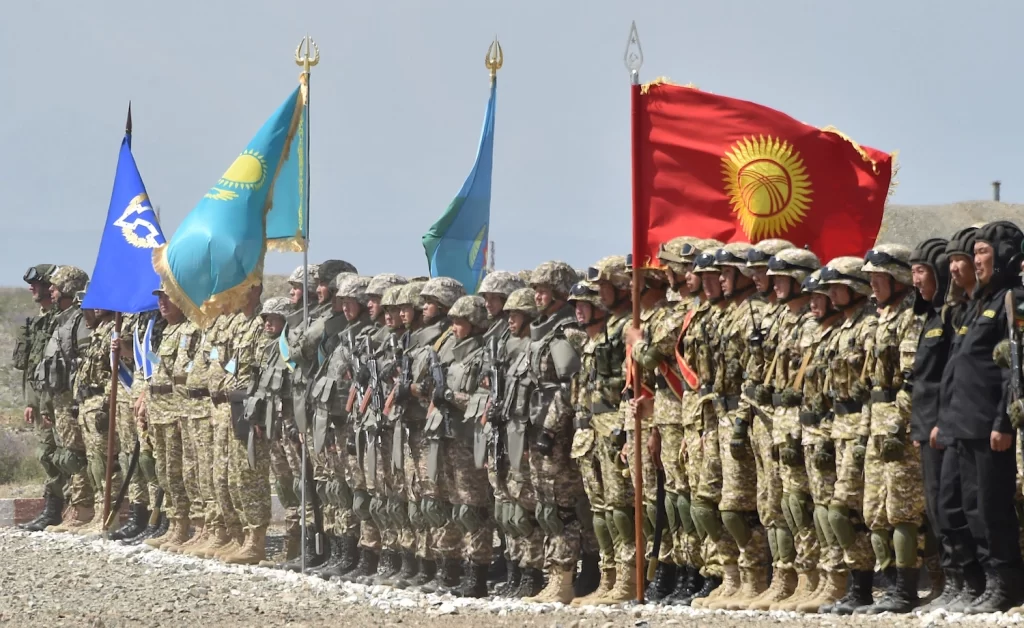
More on this story: Moscow tries to use the UN mandate in its CSTO-flagged operations
We also assess as highly likely further destabilization in Georgia. Despite the president being loyal to Russia, Moscow may instigate opposition riots in order to have them suppressed, which will lead to elimination of the potential pro-European opposition. Thus, with the help of the Georgian authorities, Moscow can have an impact on the situation of rights and freedoms in the country, which Moscow believes will suspend Georgia’s integration into the EU and NATO. An additional point of tension in the Caucasus will also allow for shifting public focus away from Karabakh to the Russo-Turkish agreements aimed against Armenia.

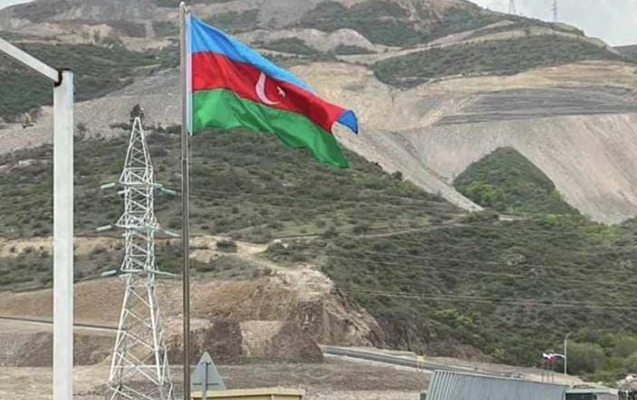
More on this story: Will Iran’s and Russia’s Meddling Start Another War in the South Caucasus?


